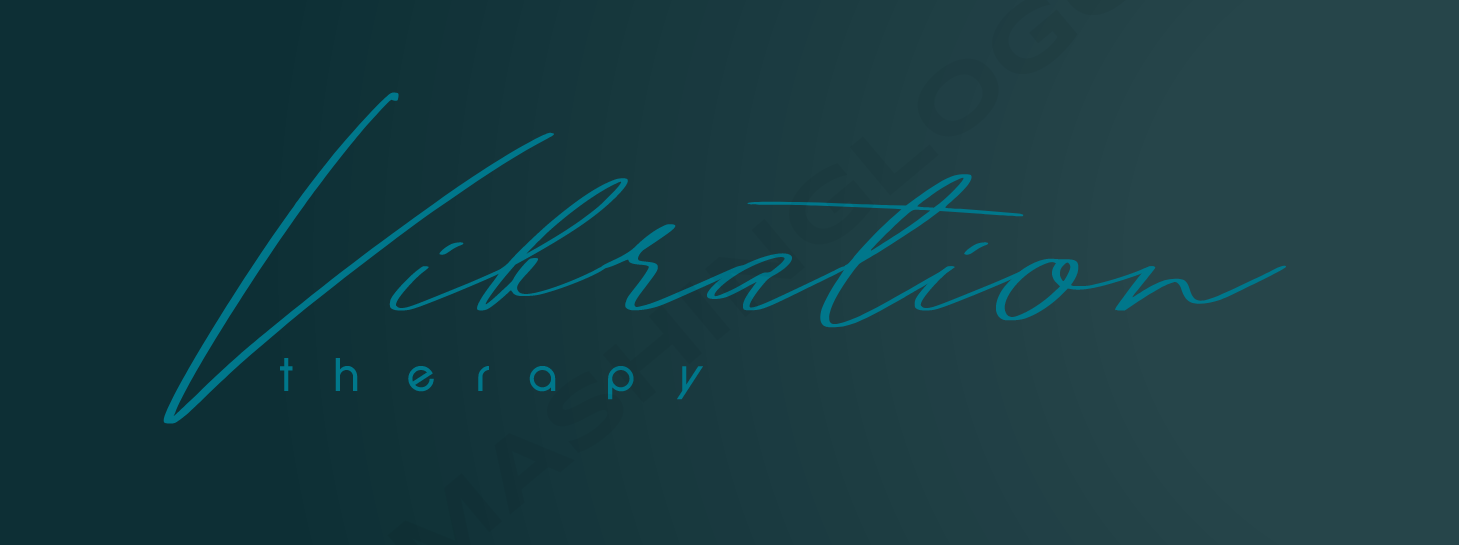Post-pregnancy incontinence is a serious matter. It’s not like a headache; you can take painkillers, and the problem disappears. It’s a condition that requires proper diagnosis and treatment. One of the ways to address post-pregnancy incontinence is through physiotherapy.
Physiotherapy for post-pregnancy incontinence focuses on strengthening the pelvic floor muscles – the ones responsible for controlling bladder and bowel movements. These muscles will likely weaken during pregnancy due to the growing baby’s weight and hormonal changes. This weakening will lead to bladder and bowel control issues after giving birth.
A physiotherapist will first assess your pelvic floor muscles and determine the severity of your condition. They may also check for any other underlying causes, such as nerve damage or scar tissue from childbirth. Based on their assessment, they will create a treatment plan tailored to your specific needs.
One of the most common techniques used in physiotherapy for post-pregnancy incontinence is pelvic floor muscle exercises. These exercises promote contraction and relaxation of the pelvic floor muscles to boost strength and control. Your physiotherapist may also use biofeedback techniques to help you learn how to contract the muscles correctly.
Aside from strengthening exercises, your physiotherapist may also recommend lifestyle changes and other techniques to manage post-pregnancy incontinence. This may include dietary adjustments, bladder training, and advice on proper toileting habits.
It’s essential to remember that physiotherapy for post-pregnancy incontinence is not a quick fix. It will require consistency and dedication to see results. However, with the proper guidance from a qualified physiotherapist, you can regain control of your bladder and bowel movements and improve your overall quality of life.
So, if you’re experiencing post-pregnancy incontinence, don’t suffer in silence. Seek help from a trusted physiotherapist who can provide appropriate treatment and support. Remember that this is a common condition that will be resolved with the proper treatment. Don’t let post-pregnancy incontinence hold you back from living your best life.
Also, physiotherapy is instrumental in addressing other physical issues that may arise after pregnancy, such as lower back pain, pelvic girdle pain, and diastasis recti. These conditions impact a new mother’s capacity to care for her newborn.
Physiotherapists are trained to hand out individualized treatment plans that target specific concerns and help new mothers recover from the physical tolls of pregnancy and childbirth. By addressing these issues at the get-go, physiotherapy will prevent them from becoming chronic problems.
Physiotherapy for post-pregnancy also provides emotional support and education for new mothers. The postpartum period is undoubtedly overwhelming and challenging, both physically and emotionally. A qualified physiotherapist can offer guidance on safely resuming exercise after giving birth and provide reassurance during this transitional stage.
